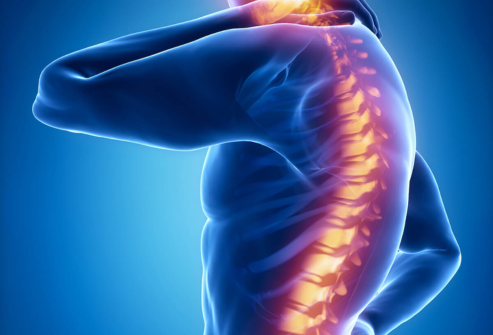Pain Management
What is Pain management?
Pain management is a medical specialty that focuses on the diagnosis and treatment of chronic pain, which is defined as pain that persists for more than three months or beyond the normal healing time for an injury or illness. Chronic pain can result from a variety of conditions, including arthritis, cancer, neuropathy, fibromyalgia, and other conditions that affect the nervous system or musculoskeletal system.

Symptoms
Pain management is not a condition or disease, but rather a medical specialty that focuses on the diagnosis and treatment of chronic pain. Therefore, there are no specific symptoms of pain management.
- Persistent pain: Chronic pain is defined as pain that persists for more than three months or beyond the normal healing time for an injury or illness.
- Reduced mobility: Chronic pain can limit an individual's ability to move and perform everyday activities, such as walking, climbing stairs, or lifting objects.
- Depression and anxiety: Chronic pain can have a significant impact on mental health, leading to feelings of hopelessness, frustration, and anxiety.
- Sleep disturbances: Chronic pain can interfere with sleep, leading to insomnia or other sleep disorders.
Causes
Chronic pain can have a variety of causes, and identifying the underlying cause of pain is an important step in developing an effective pain management plan. Some common causes of chronic pain include:
Medical conditions: Chronic pain can be a symptom of many medical conditions, including arthritis, fibromyalgia, migraines, neuropathy, and cancer.
Nervous system disorders: Chronic pain can be caused by disorders that affect the nervous system, such as multiple sclerosis, spinal cord injury, or neuropathy.

DR Shruti Bajad
MBBS, MD (Internal Medicine)
Consultant Rheumatologist
